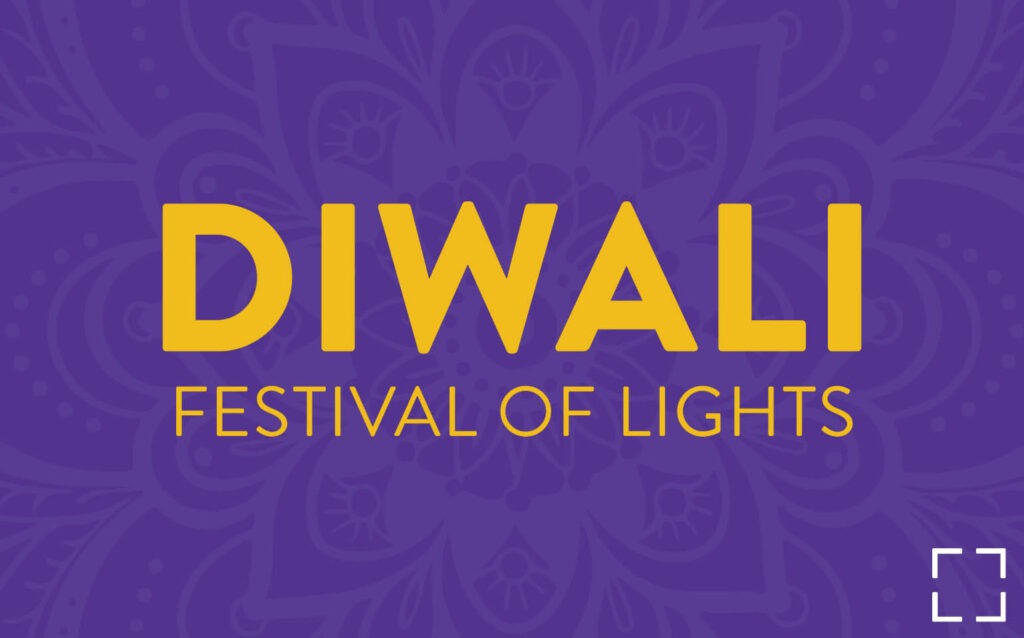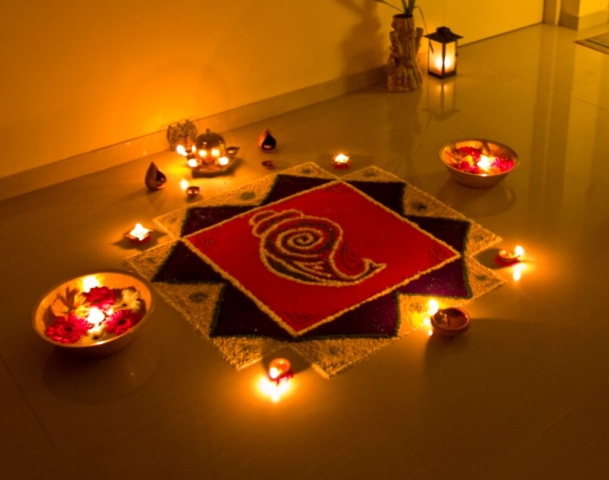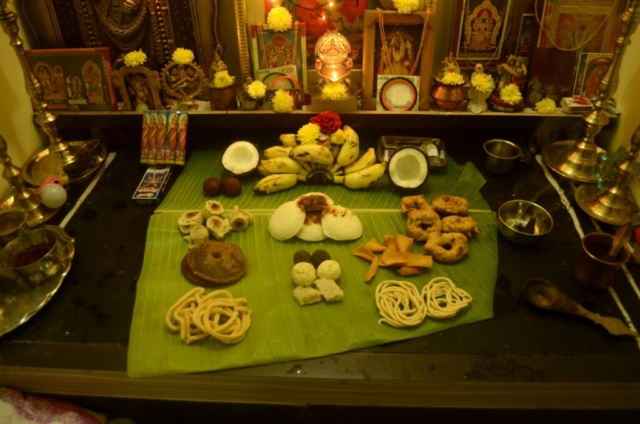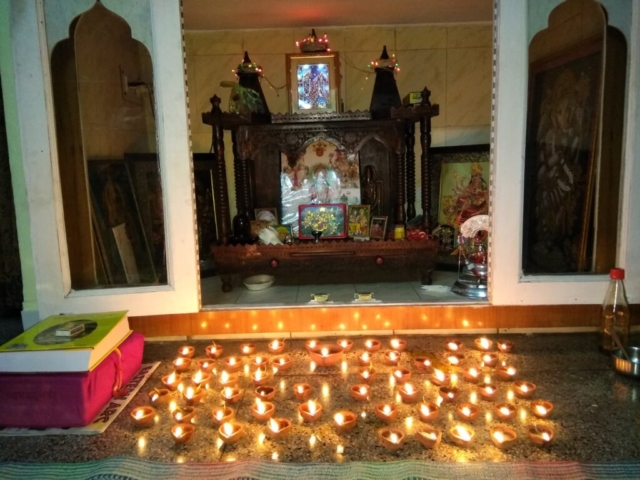Diwali: A Festival of Lights and Unity
Diwali, often referred to as the Festival of Lights, is one of the most significant and widely celebrated festivals in India and among Indian communities around the world. With origins steeped in ancient traditions and mythology, Diwali symbolizes the triumph of light over darkness and good over evil.
The festival’s roots can be traced back to various ancient texts and regional folklore. One of the most popular stories is linked to the Hindu epic, the Ramayana, which narrates the return of Lord Rama to Ayodhya after defeating the demon king Ravana. To celebrate his homecoming, the people of Ayodhya lit oil lamps, or diyas, illuminating the night sky. This act of lighting lamps signifies the victory of light over darkness and knowledge over ignorance.
In addition to its Hindu significance, Diwali holds importance for Jains, Sikhs, and some Buddhists as well. For Jains, it marks the occasion of Lord Mahavira’s nirvana, while Sikhs celebrate the release of Guru Hargobind Ji from imprisonment. These shared themes of liberation and enlightenment highlight the festival’s universal message of hope and renewal.
Modern Celebrations
Today, Diwali is celebrated with great enthusiasm not just in India, but across the globe. Each year, millions gather to participate in festivities that can vary from region to region. Major cities around the world, such as London, New York, and Sydney, host grand celebrations, bringing together diverse communities to honor this vibrant festival.
In India, the celebrations typically span five days, each day marked by distinct rituals and traditions. The festivities begin with Dhanteras, when people clean their homes and purchase new items, often gold or silver, to symbolize prosperity. The second day is Naraka Chaturdashi, or Choti Diwali, which involves rituals to ward off evil spirits.
The main day of Diwali is marked by prayers, feasting, and the lighting of diyas. Families decorate their homes with colorful rangoli designs and twinkling lights, creating a joyful atmosphere. Fireworks light up the night sky, filling the air with excitement and joy. The day concludes with Lakshmi Puja, where devotees pray to Goddess Lakshmi for wealth and prosperity in the coming year.
In recent years, as awareness of environmental issues has grown, many communities have begun to adopt eco-friendly practices during Diwali. This includes using fewer firecrackers and opting for natural decorations. Additionally, community events such as food drives and charity initiatives are becoming increasingly popular, emphasizing the spirit of giving that Diwali embodies.
Outside of India, Diwali is celebrated in various forms. In the United States, cities like San Francisco and Chicago host large parades and festivals that showcase Indian culture, including dance performances, food stalls, and cultural exhibitions. In the UK, the annual Diwali celebrations in Trafalgar Square attract thousands, featuring live music, dance, and traditional Indian cuisine.
Diwali is a festival and a celebration of cultural identity and community. As those who celebrate Diwali come together, explore books and the linked resources throughout this blog, to help inspire joy and togetherness, transcending boundaries and cultures.

EVPL Staff
With 8 locations throughout Vanderburgh County, EVPL is ready to discover, explore, and connect WITH you! We encourage you to uncover new things, revisit old favorites, and to engage with us along the way.
200 SE Martin Luther King Jr. Blvd
Evansville, Indiana 47713
Administration: ceo@evpl.org
Card & Account: circulation@evpl.org
Feedback & Ideas: marketing@evpl.org







